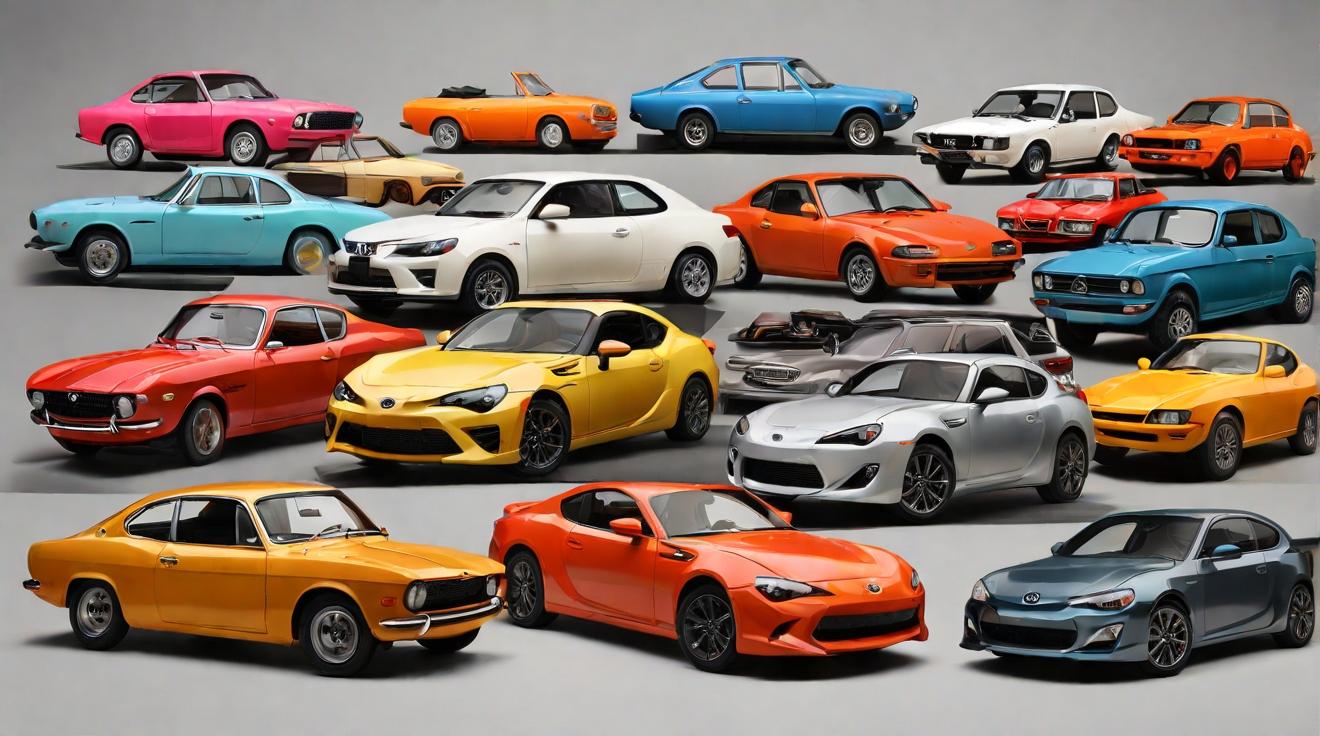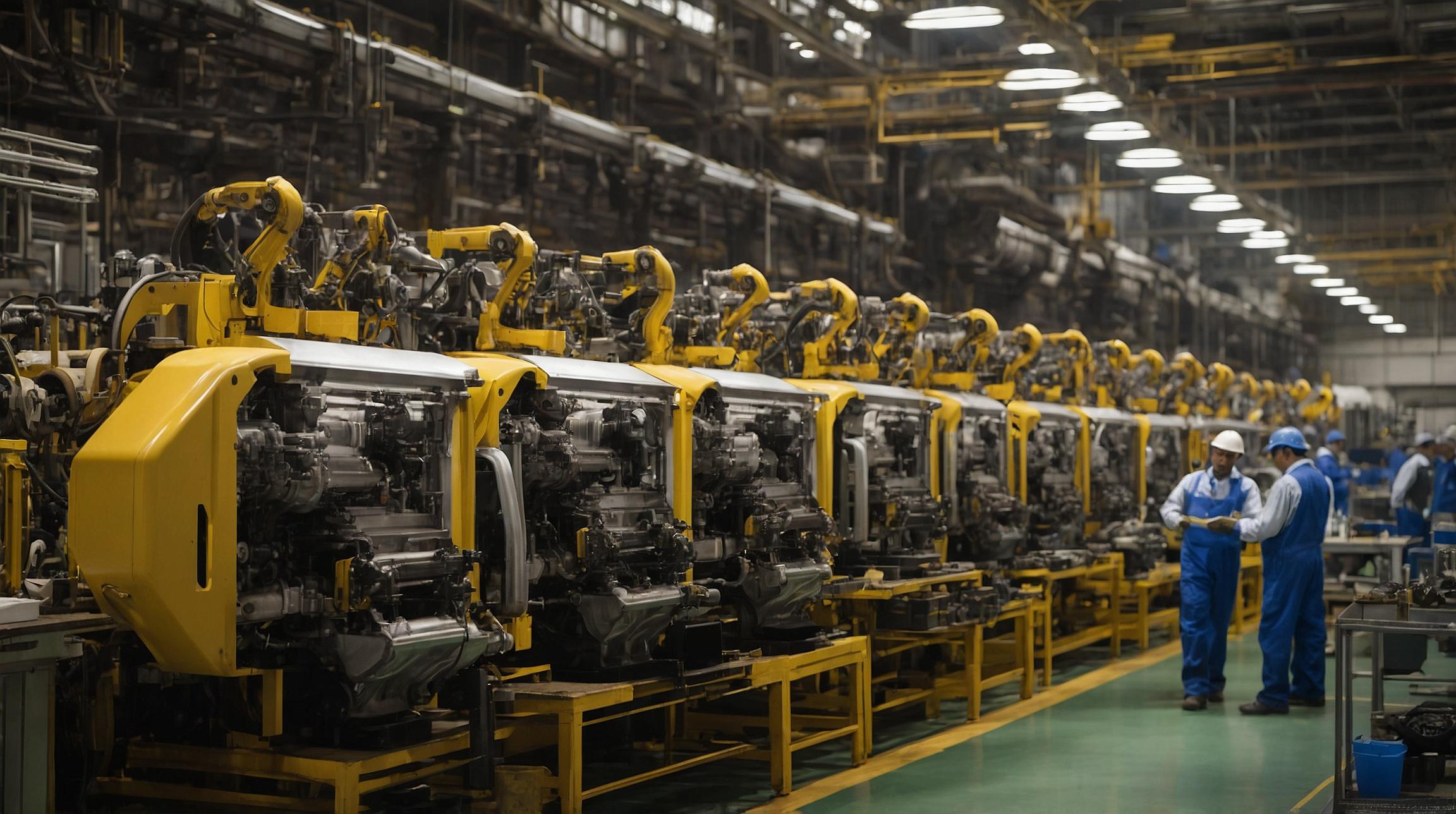Ford
Ford is named after its founder, Henry Ford. The company is renowned for its iconic Model T. Prior to the Model T, Ford had designed the Quadricycle.
GMC
The roots of GMC can be traced back to the Grabowsky Brothers of Detroit and their truck-making business. It later merged with Reliance and Randolph to form the General Motors Truck Co.
Chrysler
Chrysler was founded by Walter P. Chrysler, and the automaker was named after its founder. Chrysler had previously held high positions at General Motors and Buick.
Chevrolet
William Durant named Chevrolet after one of his founding partners, race car driver Louis Chevrolet. Durant had a close working relationship with Chevrolet during his time at Buick.
Cadillac
Started by Henry M. Leland, Cadillac was named after the founder of Detroit, Antoine de La Mothe Cadillac. The company’s early cars featured the Cadillac family crest, which now serves as the logo.
Toyota
The Toyoda family achieved success in the textile industry before transitioning to cars. They held a contest to come up with a new name for the company, and Toyota was chosen for its easier pronunciation and fewer brush strokes in katakana.
Nissan
Nissan, founded by Yoshisuke Aikawa, has its origins in several Japanese car companies from the early 1900s. Aikawa merged these companies to create Nissan, represented by a rising sun in its logo.
Mazda
Originally a cork manufacturer, Mazda shifted to machinery under the leadership of Jujiro Matsuda. The name Mazda was chosen because it sounded similar to Matsuda’s name and was also the name of a god associated with harmony and wisdom.
Honda
Soichiro Honda founded the Honda Technical Research Institute to develop small engines. The company later expanded to produce motorcycles and cars.
Audi
Founder August Horch couldn’t use his own name due to trademark issues, so he chose the Latin translation of his name, “audire,” which means “to listen.”
BMW
BMW was founded by Gustav Otto, an engineer and plane maker, as Bayerische Motoren Werke or Bavarian Motor Works. The name replaced Otto’s previous aircraft company, Bayerische Flugzeug-Werke.
Mercedes-Benz
The merger of Daimler-Motoren-Gesellschaft and Benz & Cie. led to the creation of Mercedes-Benz. The name “Mercedes” came from car dealer Emil Jellinek, who named the cars after his daughter.
Volkswagen
Volkswagen was created under the German Labour Front at the request of Adolf Hitler’s party to produce affordable cars for Germans. Ferdinand Porsche designed the first VW cars, including the famous Beetle.
Hyundai
Hyundai, founded by Chung Ju-Yung, initially focused on engineering and construction before entering the car manufacturing industry. The name represents “new age” or “modern times” in Korean.
Kia
Originally named Kyungsung Precision Industry, the company became Kia Industries. The name comes from the Sino-Korean characters for “to rise from Asia.” Kia started by producing bicycle parts and later manufactured vehicles for Honda and Mazda.
Analyst comment
Neutral news. This information provides historical background and origins of various automobile companies. It does not directly impact the market.













